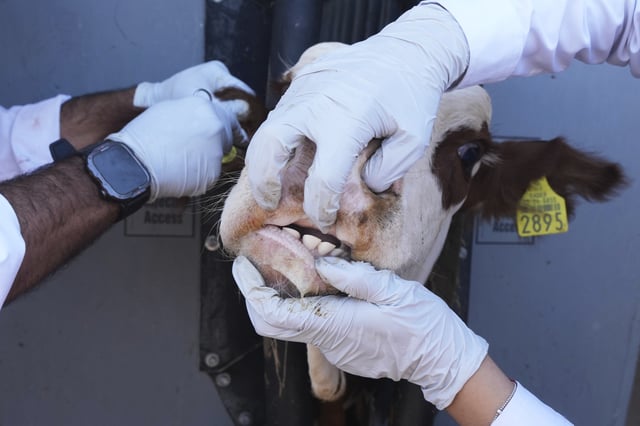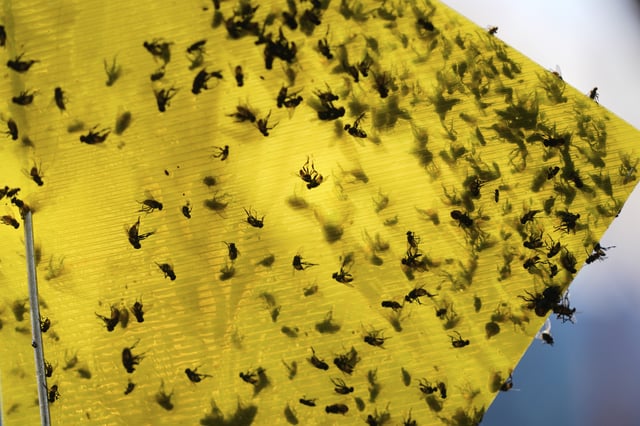Overview
- The U.S. has suspended live cattle, horse and bison imports from Mexico since July following fresh screwworm detections roughly 700 miles north of the border.
- More than 2,258 infestations have been confirmed in southern Mexico as of early August, triggering intensified binational surveillance and quarantine measures.
- USDA is expanding production and release of sterile Cochliomyia hominivorax flies from retrofitted facilities in Mexico and Texas to break the pest’s breeding cycle.
- A two-year drought has already cut Mexico’s cattle inventory by about 2%, and ranchers have shipped under 200,000 head this year—less than half the usual export volume.
- Producers in Sonora are diversifying into beekeeping, sheep raising, milk sales and direct retail beef through specialized butcher shops to offset lost export revenue.



